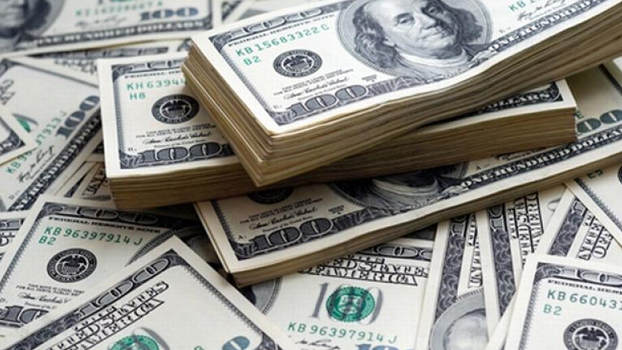Govt steps to attract foreign investment

Bangladesh’s export earnings, remittance flow, ongoing development work and the resilience of the private sector have upheld the country’s image before the world economy as important one, experts said.
The government’s various steps have attracted foreign investment in the country, especially in different economic zones, they added.
The country’s foreign exchange reserve has reached a new height which has also helped showing the country’s positive image abroad.
Besides, it also helps stabilize the foreign exchange market, they said adding that, inflation is under control (only 5-6 percent).
“Labour is cheap, electricity supply system is also quite good. Now we just have to take advantage of the facilities,” an economist said.
Bangladesh is committed to implementing large-scale infrastructure projects to accelerate economic growth from a development planning perspective and to join the middle-income and developed countries by 2021.
Dr Zahid Hossain, former lead economist of the World Bank, Dhaka office said, economic cooperation between China and Bangladesh is multidimensional, ranging from trade in goods to regional infrastructure and investment relations.
China is a founding member of the Asian Infrastructure and Investment Bank, and one of the most important bilateral donors of Bangladesh.
In addition, the country's main infrastructure development work is heavily funded by China.
China could be the largest export market for Bangladesh if it could take advantage of the recent expansion of China's duty-free exports, he said adding that, “Both the countries will benefit from it.”
Economists said the two largest economies in the world are located in markets close to Bangladesh and the two countries have huge access to duty-free goods.
So multinational companies will want to capture two huge markets by producing their products in Bangladesh, they mentioned.
They will also get fair price of products with the facility of duty-free entry, they said. For this reason, the government should create quickly the economic zones to attract foreign entrepreneurs, they added.
Investors from China and India have already invested in these areas, they mentioned.
Moreover, many US companies invest in China, produce products there and sell those in the United States.
Due to duty-free facilities on 97 percent of the products in the Chinese market for Bangladesh, Chinese companies along with other foreign companies will be able to invest in Bangladesh and export their products to their countries.
In the current corona situation, Bangladesh will be able to take advantage of this facility as it is difficult for the Chinese to enter other countries.
Dr Ahsan H Mansur, executive director of the Policy Research Institute and Chairman of BRAC Bank, said that the deteriorating US-China relations as well as the corona situation have created positive prospects for foreign investment in Bangladesh.
“To take advantage of this possibility, urgent steps have to be taken at the government level. Because this opportunity will not come again and again,” he mentioned.
To attract foreign investment, the government has set a target of creating 100 economic zones by 2030 through the Bangladesh Economic Zones Authority (BEZA).
Initially, work is going on for 28 of them. Of these, 13 are in the public sector and 15 in the private sector. BEZA has already got about 50,000 acres of land.
In addition, now about two thousand acres of land is ready for investment.




